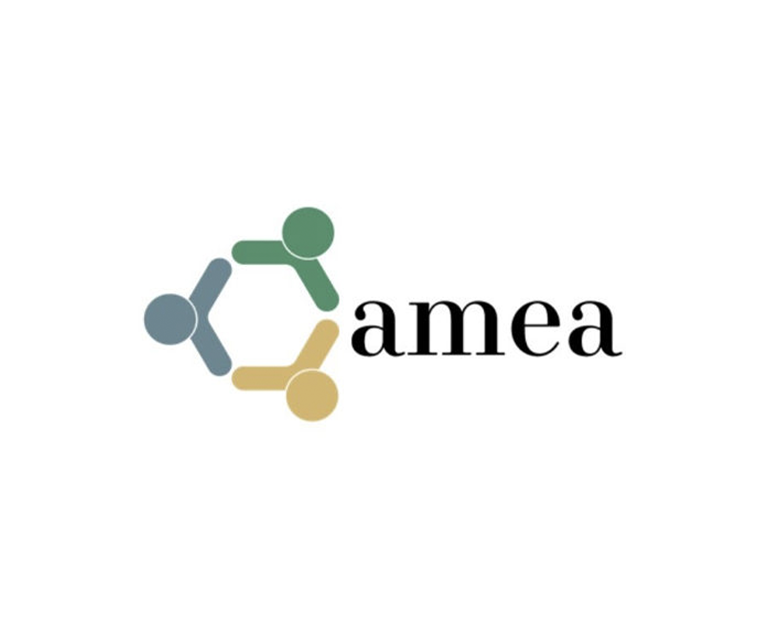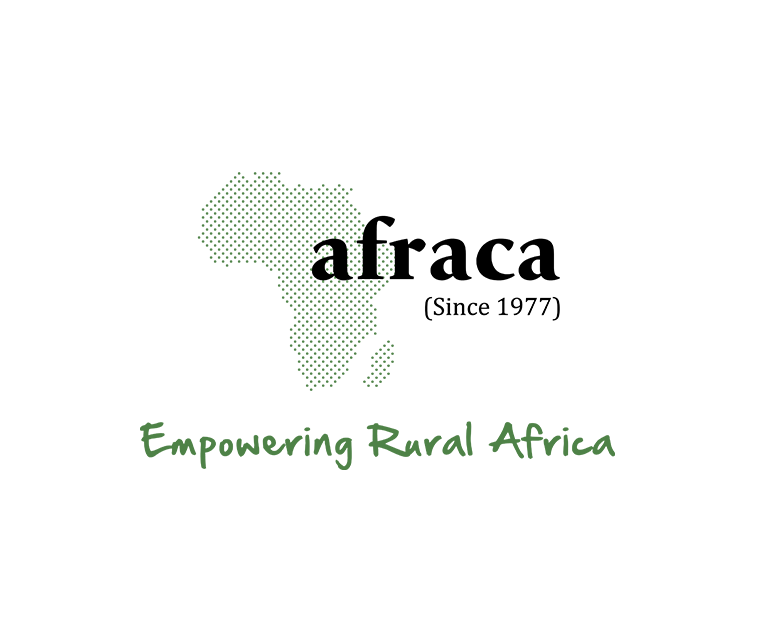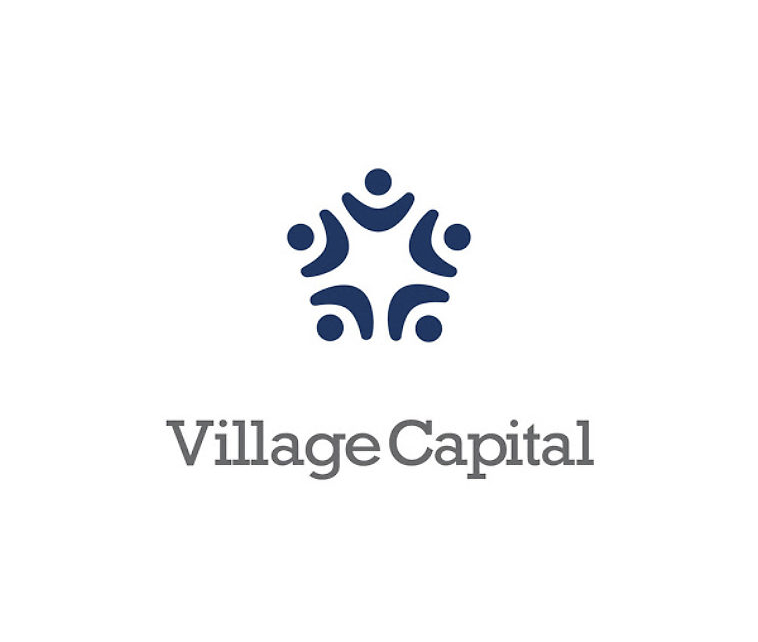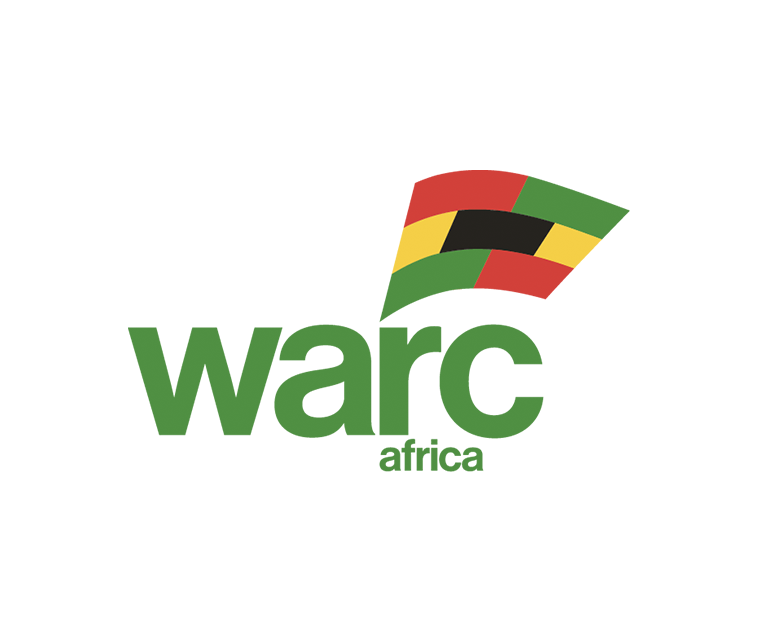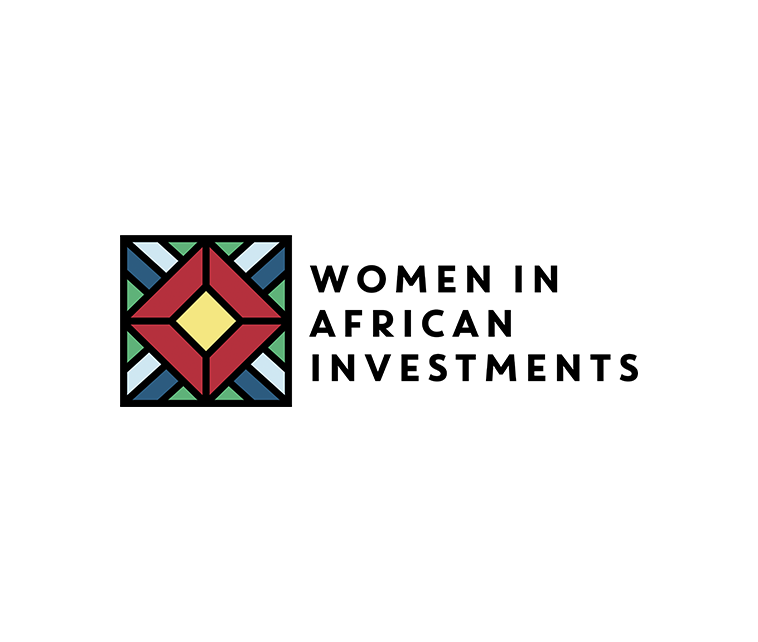SYSTEM ENTRY POINT:
Vision
The MSME ecosystem is characterised by trust and the availability of local skills, tools and services.
Mission
Small Foundation is working to strengthen the business ecosystems in which MSMEs and other ecosystem actors operate, ensuring that the required skills, information, tools and services are accessible. We believe this will enable rural-impacting MSMEs to succeed and grow towards profitability and sustainability. This in turn will strengthen their ability to serve those living in rural poverty.

